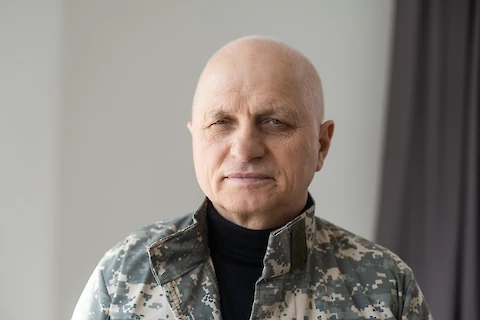
Navigating the health concerns of our aging loved ones can be overwhelming. One condition that's gaining increased attention in senior health circles is Chronic Traumatic Encephalopathy (CTE). It's a complex condition, and understanding it is vital for early detection and intervention. Seniors who have a history of military service or who previously played sports may have a greater likelihood of suffering from CTE. By consulting with your loved one's doctor, you can get a better idea of their risk level and any potential treatment options.
Understanding CTE
CTE, or Chronic Traumatic Encephalopathy, is a degenerative brain condition found primarily in individuals with a history of repetitive head traumas, such as athletes and military veterans. It doesn't manifest itself immediately after the head trauma; instead, it develops over time, resulting in cognitive decline, mood disturbances, and even aggressive behavior. Right now, diagnosis in the living is difficult. However, MRIs and other diagnostic tests can provide insight into whether patients are living with CTE or another cognitive challenge.
Who Is at Risk of CTE?
Individuals who have sustained repetitive head traumas are at risk for developing CTE. This includes contact sports athletes, veterans, and individuals prone to falls, like seniors. Aging, being male, and having a history of head injuries further increase the risk of CTE. While these factors don't guarantee the onset of CTE, they necessitate vigilance in monitoring for signs of the condition. Boston University notes, for example, that 92% of former NFL players in their study showed signs of CTE. If you know that your loved one has any of those conditions, it's essential to monitor them for signs of CTE.
Recognizing the Signs of CTE
Recognizing the signs of CTE can be challenging as they often mimic typical signs of aging or other conditions such as Alzheimer's. Symptoms tend to emerge years, sometimes even decades, after the initial head trauma. Common signs include memory loss, confusion, impaired judgment, impulse control problems, aggression, depression, and progressively worsening dementia. These symptoms may seem similar to other conditions related to cognitive decline, but it's crucial not to dismiss them as just a part of aging. If you notice these changes in your loved one's behavior or cognition, it's important to seek professional medical advice. Addressing symptoms of CTE quickly is key to proper treatment, which can help improve overall quality of life.
How Senior Helpers Somerset Can Help
At Senior Helpers Somerset, we are committed to providing high-quality care for those living in the Plainfield, Bridgewater, Edison, Basking Ridge, and Somerset areas. Our team of trained professionals understands the complex needs of individuals at risk of CTE, providing services that enhance their quality of life.
We offer a range of supportive services, from companionship to specialized care, ensuring a personalized approach fitting the unique needs of your loved one. For those at risk or showing signs of CTE, we're well-equipped to provide comprehensive, sensitive care and support. Contact us today to learn more about our home care services and how they can benefit you or a senior loved one.